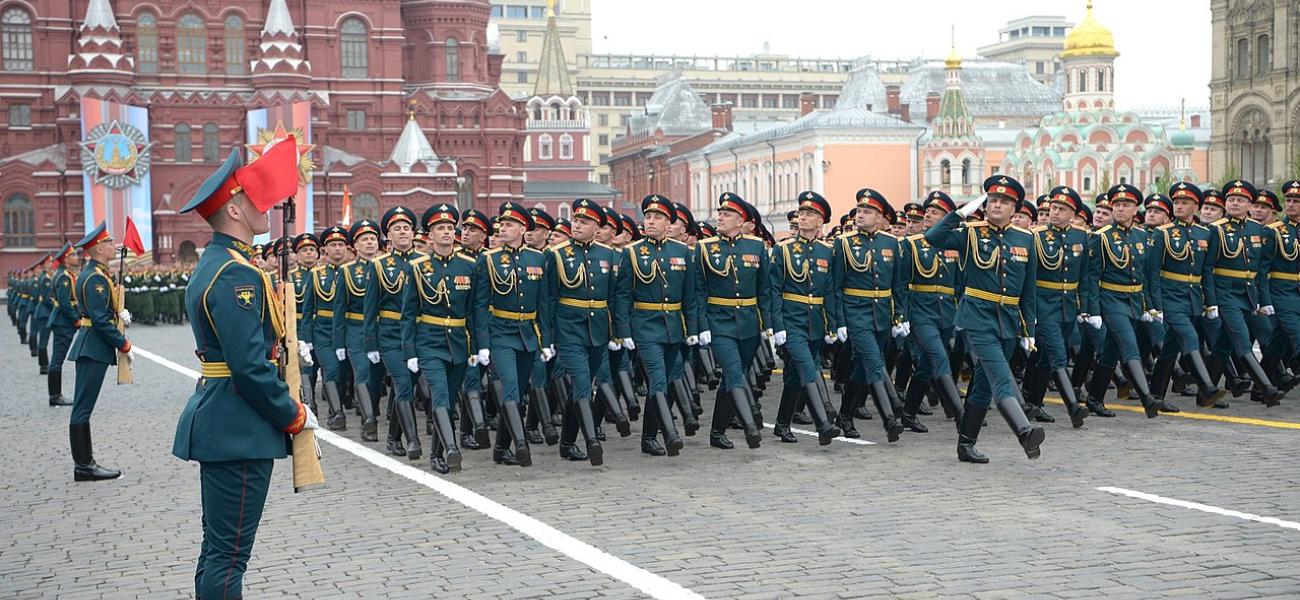
Putin’s Perilous Imperial Dream
May 10, 2022
Cristina Florea
This is a summary of an article originally published by Foreign Affairs, with the subheading: "Why Empires and Nativism Don’t Mix."
The author, assistant professor of history at Cornell University, writes:
- “Putin has sought to bring the former Soviet world even more firmly under Russia’s thumb. He has also injected Russian imperial identity with new meaning, rejecting the empire’s traditionally pragmatic approach toward its multiethnic population in favor of nativism.”
- “Still, until 2014, and arguably even after that, Putin was generally considered a pragmatic and strategic thinker. His annexation of Crimea and invasion of eastern Ukraine that year began to alter this assessment, indicating a turn away from pragmatic pluralism and toward a nativist vision of empire that elevates ethnic Russians above all others. Putin’s all-out invasion of Ukraine this year was justified in precisely these terms.”
- “Underpinning Putin’s righteous battle for Russians in Ukraine is an organic vision of Russian nationhood defined by blood and cultural and spiritual traits rather than by political contract or choice. It is a vision shared by thinkers such as Gumilev and Dugin as well as the religious philosopher Ivan Ilyn.”
- “Putin contrasts this organic vision of Russia with the Ukrainian nation and state, which in his view are artificial products of politics and mindless emulation ‘of foreign models.’ Thus, while championing Russian nationalism, Putin simultaneously lambasts the nationalism of non-Russians as a ‘disease’ and ‘virus.’”
- “With or without Putin at the helm, Russia would likely have reemerged after 1991 as a revisionist power, just as it did after World War I. But that does not mean that Russia is doomed to be always in conflict with the West or to always expand at the expense of its neighbors. After it was completely defeated in both world wars, Germany—whose militarism and appetite for authoritarianism were once thought incurable—reemerged as an engine of European integration and democracy. Russia might one day undergo a similar transformation. But first it must be completely defeated, along with Putin’s illiberal and nativist vision of empire. And although Ukraine and its allies in the West can help with the former, only Russians can achieve the latter.”
Read the full article at Foreign Affairs.
Author
Cristina Florea
Cristina Florea is an assistant professor of history at Cornell University.
The opinions expressed herein are solely those of the author. Photo by kremlin.ru shared under a Creative Commons license.
Click to Subscribe
Russia Matters offers weekly news and analysis digests, event announcements and media advisories.
Choose and sign up here!
Recent Analysis
Crocus Attack Ends Lull of Six Years, Raises Question About Law-Enforcers’ Focus
March 28, 2024
Simon Saradzhyan
Recent Posts
Mitter, Wishnick: Alignment, Not Alliance for Russia-China Relationship
April 18, 2024
Conor Cunningham
Polls Show Record Low Number of Russians Willing to Permanently Move Abroad
April 12, 2024
Simon Saradzhyan
Fiona Hill Delivers Insights on Russia's Perennial Role in Global Geopolitics
March 21, 2024
Conor Cunningham
How Much Would 0.25% of Ramstein Group Members’ GDP Really Raise for Ukraine?
March 07, 2024
Conor Cunningham and RM Staff

